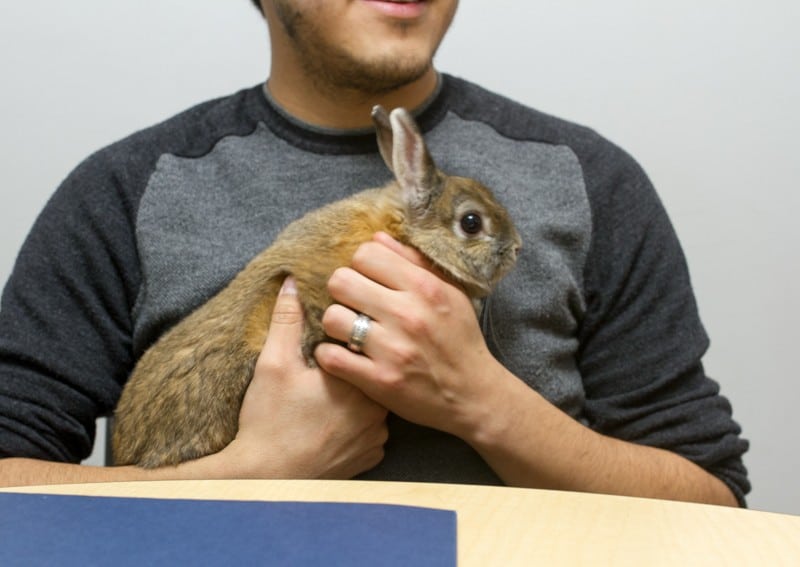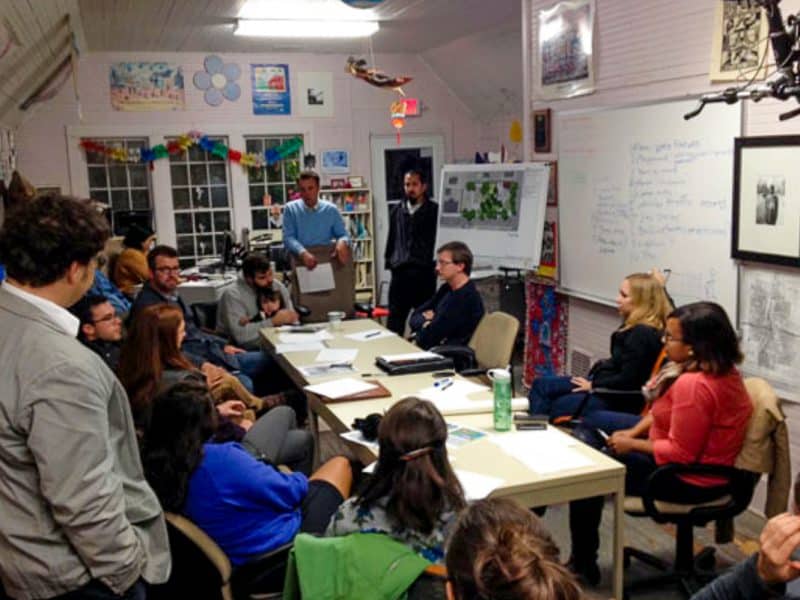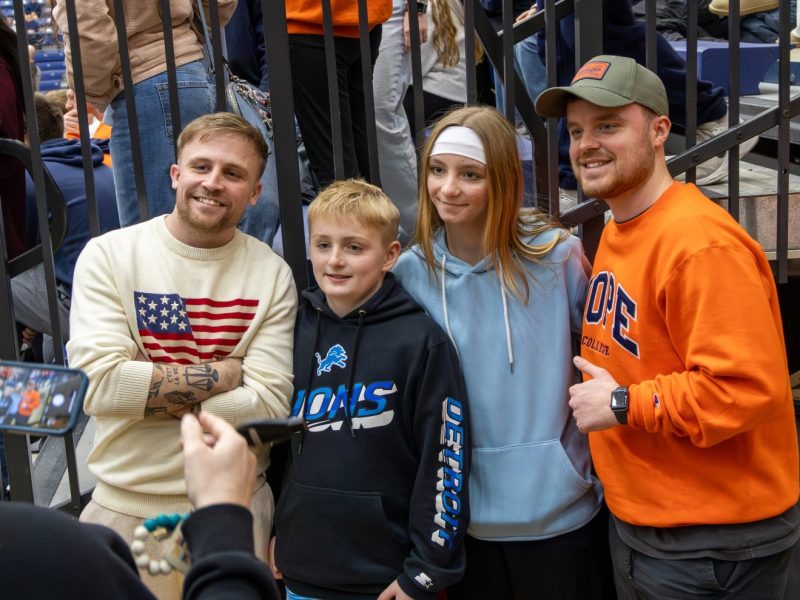Hope College Professor David Myers gains national attention for crusade to promote hearing loops
A Hope College professor is being lauded by two national organizations for his “ground-breaking work” in the promotion of hearing loops, a technology that allows users who visit buildings installed with a loop system to turn their hearing aids into mini-loudspeakers customized for their own hearing needs.
By Sharon Hanks
A Hope College professor is being lauded by two national organizations for his “ground-breaking work” in the promotion of hearing loops, a technology that allows users who visit buildings installed with a loop system to turn their hearing aids into mini-loudspeakers customized for their own hearing needs.
David Myers has worked since 2002 to expand the use of telecoils in hearing aids in places such as churches, theaters, schools and other public meeting sites after he discovered first-hand how the wireless system enhanced his own hearing.
A telecoil that’s installed in more than two-thirds of all hearing aids functions as an antenna, relaying sounds directly into the ear without background noise, much like Wi-Fi connects people to the web.
Myers says he and his wife first learned about telecoil-assisted hearing when they were visiting an abbey in Scotland and noticed a hearing assisted sign. “I couldn’t believe what I was hearing,” Myers says when he turned on the telecoil in his hearing aid that day. “What I was hearing was a crystal clear voice speaking at the center of my head.”
The Hearing Loss Association of America and the American Academy of Audiology both have commended Myers for his crucial role in getting both organizations to endorse a public education campaign called the “Get in the Hearing Loop.”
Pat Cricks, president-elect of the Academy, is quoted in a news release as saying “there have been steady increases in accessibility for individuals with hearing loss” due to Myers efforts.
“This is very gratifying,” Myers says about national spotlight. “I don’t want to take too much credit, but I guess the press release speaks for itself. It was sort of my fantasy that West Michigan could be a model for the nation and I think it is. It’s really exciting!”
When Myers first learned about telecoils in Scotland, there was virtually no places in America that had installed the technology. Working with local corporations, Myers obtained grant money and support to help install the loop system in public venues. Today, there are 300 public places in West Michigan that are equipped with a loop, with each site costing from $2,000 to $10,000, Myers says.
In addition to this, Myers has helped spread the magic of the loop through a series of his own personal writings, including a memoir of his own hearing loss. He also established an informational website called www.HearingLoop.org that contains helpful facts for the hard of hearing.
Sources: David Myers, Hope College psychology professor in Holland; HearingLoop.org website; joint press release issued by HLAA and AAA
Sharon Hanks is innovations and jobs news editor at Rapid Growth Media. Please send story ideas and comments for the column to Sharon at sharon@rapidgrowthmedia.com. She also is owner of The Write Words in Grand Rapids.










